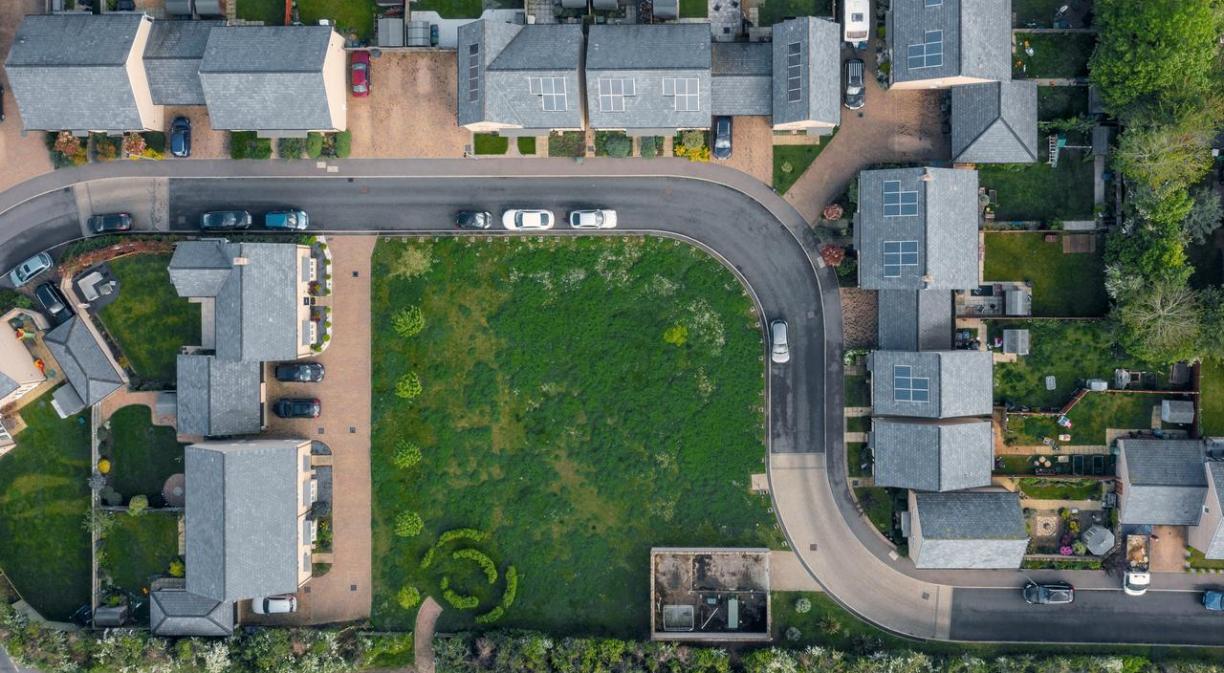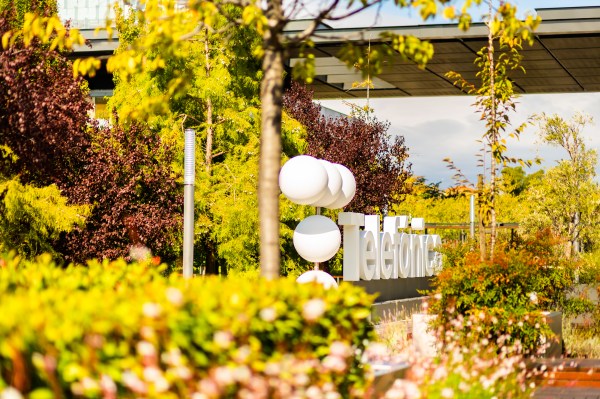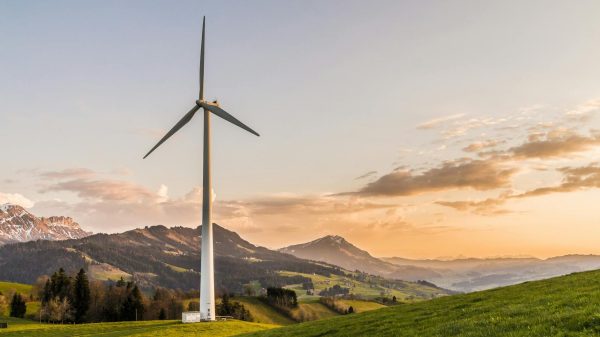On the agendas of governments around the world, energy efficiency has become a priority, as traditional energy sources are increasingly expensive, are intrinsically, generate a dependence on external markets and, also have a significant impact on the environment and the ecosystem.
Thus, at the production level, both public administrations and companies are increasingly focused on measures and initiatives to promote the use of energy that comes from renewable sources, as well as sustainability, in such a way that they serve as a basis for the as a guide to energy savings, contribute to making the planet more liveable and can be a tool in the fight against climate change.
Saving energy, a must
Saving energy, consuming it responsibly and using energy sources efficiently are essential at all levels.
The importance of energy saving and efficiency measures is manifested in the need to reduce energy bills,restrict energy dependence on external sources and reduce greenhouse gas emissions.
With regard to the amendment of the Energy Efficiency Directive, the third Vice-President of Spain and Minister for the Ecological Transition, Teresa Ribera, has recently announced that Spain supports and considers fully justified the increased ambition that raises the 2030 target from a 9% reduction to 13%.
Ribera has called for the public sector to offer a sign of leadership, calling for a modulation of the effect of the obligations on small municipalities which have less adaptability, and has supported the prioritisation of renewable energies.
Spain is party to the Paris Agreement, which entered into force on 4 November 2016, and
to which 193 countries (192 countries plus the European Union) have adhered. The Accord includes commitments by all countries to reduce their emissions and work together to adapt to the impacts of climate change.
Advantages of energy efficiency
Repsol further explains that investing in measures to improve energy efficiency has very beneficial effects in all areas, and details these advantages along three main lines.
- Energy savings and costs. Using fewer energy resources to carry out an activity saves energy. In addition, lower energy consumption translates into lower energy bills.
- Improvements for the environment. Energy efficiency reduces greenhouse gas emissions. By using energy responsibly, fewer resources are consumed, which helps to reduce the carbon footprint.
- Improvements in the supply chain. Energy efficiency allows us to optimise the use of natural resources and create a local economy, thereby promoting responsible consumption.
Absolute priority for planning lines of development
Globally, energy efficiency is an absolute priority for large companies when it comes to planning and setting out their main lines of development.
Among them is Telefónica, who is committed to the fight against climate change, starting from the urgency to reduce CO2 emissions to limit the global temperature rise to 1.5°C and is aiming for net zero emissions in 2025 – thus going beyond the Paris Agreement in its main markets, and by 2040 globally and in its value chain.
In the last six years, Telefónica’s worldwide energy consumption has fallen by more than 7.2%, while traffic has increased by up to 6.7 times.
This progress is due to the implementation of more than 1,440 energy efficiency projects, including those focused on the activation of Power Savings Features in the mobile phones network.
The first 2G and 3G network FSPs were based on static parameters, but the current 4G and 5G technologies are using Artificial Intelligence and Machine Learning to predict traffic and generate further optimisation of energy consumption.
In 2020, Telefónica began testing the first functionalities for the 5G network, and in 2021 the Artificial Intelligence and Machine Learning platforms, also in O2 Germany.
In order to optimise energy consumption, these platforms automate the processes of threshold settings, shut down cells at off-peak hours and execute periodic quality checks so as not to affect network performance or the user experience.
The Spanish telecommunications multinational is currently working on building the networks of the future, of which 5G is clearly part of the design.
In addition to being able to support new services with much more demanding requirements, sustainability and energy efficiency are also key attributes.
Royal Decree on energy efficiency
On 1 August 2022, the BOE (Spain’s Official Gazette) published the Royal Decree-Law on economic sustainability measures in the field of transport, grants and study aids, as well as energy saving and efficiency measures and those to reduce energy dependence on natural gas.
This regulation joins the Energy Efficiency Certification of Buildings and the Regulation of Thermal Installations in Buildings (RITE).









